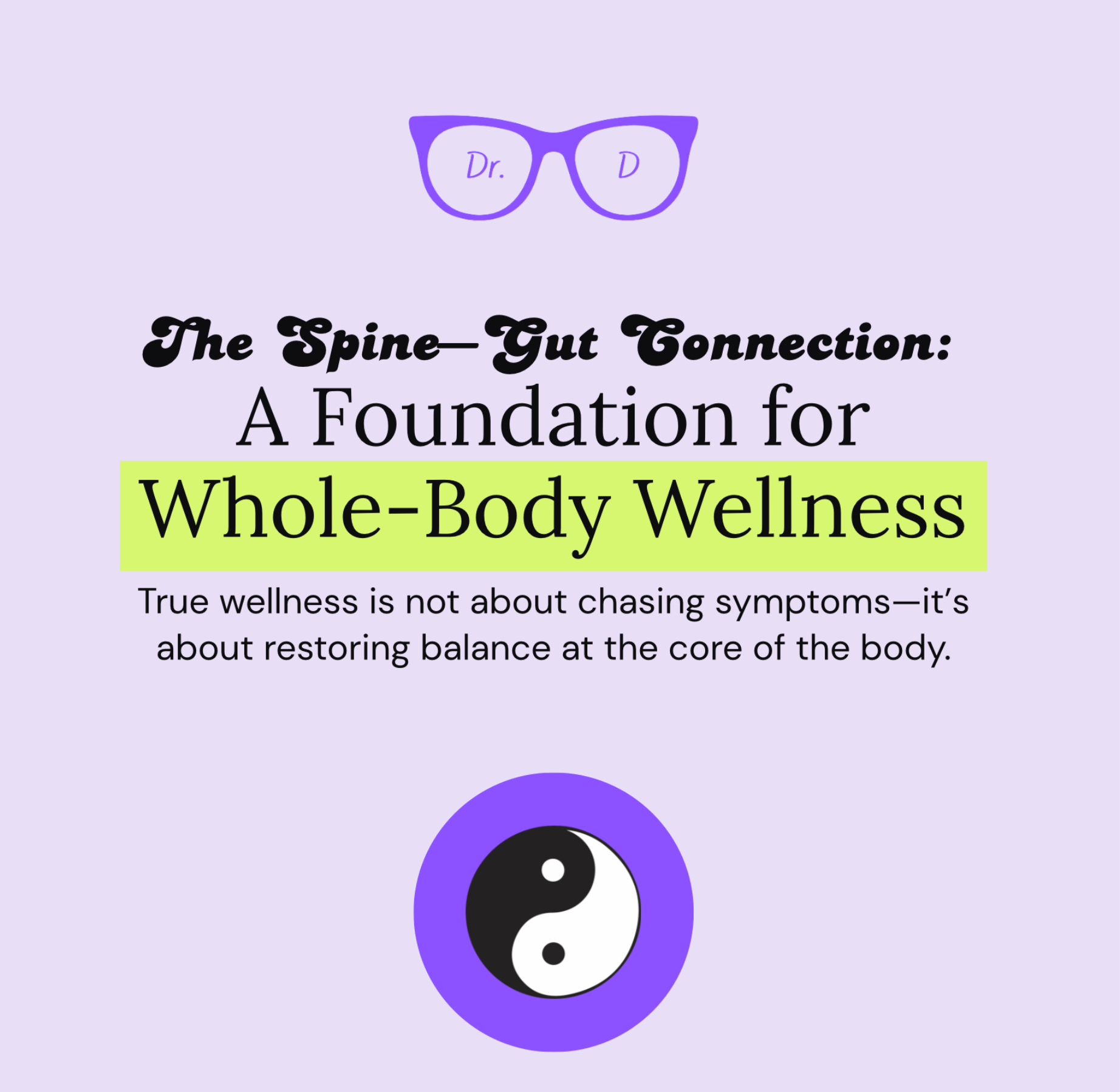4 Signs You Should See a Chiropractor
Back pain, neck discomfort and headaches could be reasons to seek chiropractic care for yourself and your family.

Every year, millions of people in the U.S. see chiropractors for relief of an array of ailments.
Chiropractors utilize treatments, including joint manipulation, physical therapy modalities, patient education, manual therapy, nutrition and rehabilitation exercises to address each patient's unique situation. Is seeing a chiropractor right for you?
Here are four reason you should see a chiropractor:
- Low back pain.
- Neck pain.
- Headaches.
- Muscle and joint pain and stiffness.
1. Low back pain. Chiropractors have a lot of experience treating back pain, particularly low back pain, says William J. Lauretti, a spokesman for the American Chiropractic Association. Lauretti, a chiropractor, is also a professor in the Department of Chiropractic Clinical Sciences at New York Chiropractic College in Seneca Falls, New York. Chiropractors are trained to diagnose the specific cause of back pain and are trained in effective therapies, which can include prescriptions for exercise and ergonomic advice. Chiropractors are dedicated to using conservative, non-surgical and medication-free therapies. This is particularly important because some physicians prescribe potentially-addictive opioids for back pain.
2. Neck pain. Whether your sore neck is from a whiplash injury or just sitting at your desk too much, chiropractic can offer a safe and effective variety of treatments.
Chiropractic treatments for neck pain can include:
- Gentle spinal manipulation.
- Stretching exercises.
- Lifestyle advice.
3. Headaches. Many types of headaches are associated with chronic neck stiffness and muscle tightness. Chiropractors offer effective, drug-free treatment options, including gentle neck manipulations.
4. Muscle and joint pain and stiffness. Although chiropractors are widely viewed as spine experts, most practitioners are are also able to effectively treat nerve, muscle and joint pain throughout the body. Chiropractors can treat carpal tunnel syndrome, thoracic outlet syndrome, tennis elbow and hip, knee or ankle pain.
Overall, 62% of adults in the U.S. have had neck or back pain significant enough that they sought treatment from a health care professional at some point in their lifetime, according to the 2018 Gallup-Palmer College of Chiropractic Annual Report. Among patients who sought health care for neck or back pain, 63% saw a medical doctor and 53% sought treatment from a chiropractor, the survey found.
The estimated number of people who seek chiropractic care is in the tens of millions. A previous Gallup survey conducted on behalf of the Palmer College of Chiropractic, based in Davenport, Iowa, found that more than 62 million people have seen a chiropractor since 2011.
The number of adults in the U.S. who seek chiropractic care has remained stable since 2007, according to the National Health Interview Survey, which was released by the federal government in September 2017.
Chiropractors tout their treatment as the least invasive and safest therapy for many ailments. But chiropractic treatment is not without risk.
What Chiropractors Do
Chiropractors treat people by aligning their spine with a variety of manipulations.
During the first visit, chiropractors typically perform a physical exam and take a health history, paying special attention to the spine and whether the patient has normal bone density.
People with lower levels of bone density, such as patients with osteoporosis, would receive gentler treatments. The chiropractor typically uses his or her hands to apply controlled, rapid force to a damaged or injured joint, to allow the joint to move in a normal manner and reduce pain and inflammation.
One common maneuver is the high-velocity cervical adjustment, in which the patient relaxes his or her head in the hands of the chiropractor, who quickly thrusts the head in one direction – sometimes creating a cracking sound. Chiropractors like Dr. Diana Mladenoff can also conduct gentler, low-velocity cervical adjustments perfect for your little ones.
Chiropractors also treat some patients for headaches that are caused by nerve irritation that refers pain to the head. Treatment can alleviate these headaches by reducing nerve irritation.
Benefits
Some research suggests that chiropractic care can be beneficial.
In a study published in Spine Journal in 2008, researchers evaluated the chiropractic treatment experiences of 192 people with back-related pain or sciatica, a condition in which a pinched nerve in the lower spine causes leg pain. The treatment they received for pain was rated worthwhile by 87% of the participants.
Another study published in the British Medical Journal in 2003 evaluated 183 patients with neck pain who were randomly assigned to receive treatment that involved either spinal manipulations, physiotherapy (mainly exercise) or care from a general practitioner, which involved primarily counseling, education and prescription drugs. The people in the study kept cost diaries for one year. The study found that spinal manipulations were more effective and less costly than physiotherapy or care by a general practitioner.
Schedule an appointment with Dr. Diana today; TEXT or CALL 1 (602) 524-0222.





